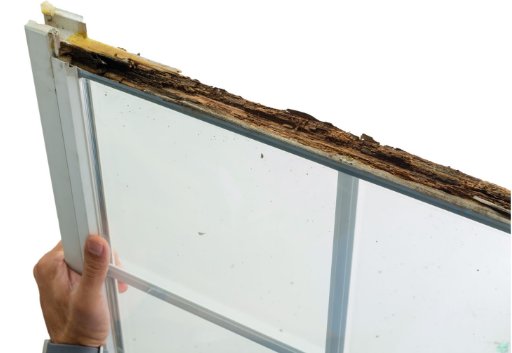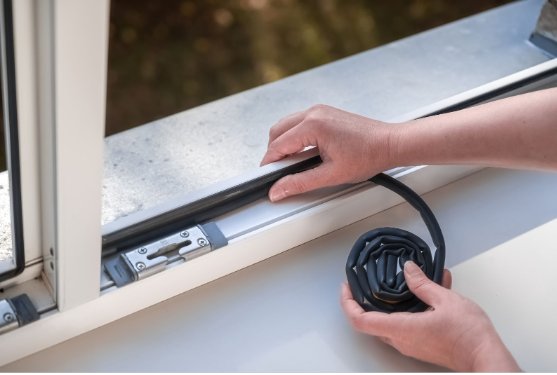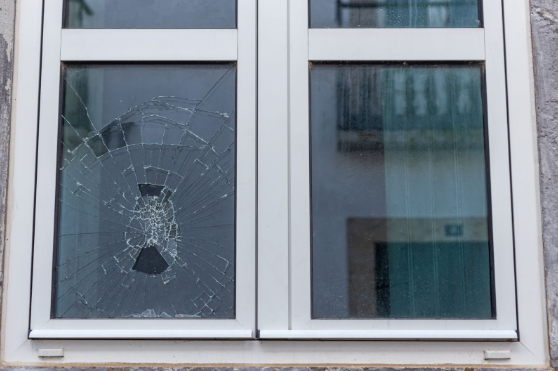When a broken window disrupts your home, you’ll likely wonder if your home insurance covers the damage. Home insurance aims to shield homeowners from unexpected financial losses, but coverage for situations like broken windows varies. This guide simplifies how home insurance may cover broken windows, what types of coverage exist, and what limitations and exclusions you should be aware of.
Understanding Home Insurance Coverage
At its core, homeowners insurance policies are designed to offer financial protection against a range of perils that could damage your property. Like other forms of property damage, coverage for broken windows is typically delineated on either a named-peril or open-peril basis.
Named-peril policies specify a list of risks covered, such as fire, theft, or vandalism. You should be covered if your window’s damage results from one of these listed perils. Conversely, open-peril policies provide a broader scope of coverage, protecting against all risks not explicitly excluded. This means if the cause of your broken window isn’t listed as an exclusion, your policy likely offers protection.
Causes of Window Damage and Coverage
Weather and Break-ins
Severe weather conditions and break-ins are common culprits of window damage. Homeowners insurance covers vandalism, theft, fire, hail, and similar perils. Before rushing to file a claim, it’s advisable to consult with your insurance provider to ensure the damage falls under a covered peril. Furthermore, obtaining a repair estimate is crucial to deciding if the repair costs exceed your deductible, making a claim worthwhile.
Damage by a Neighbor
Should a neighbor accidentally break your window, the responsibility to cover repair costs typically falls under their homeowner’s or renter’s insurance, thanks to personal liability coverage. When neighbors lack sufficient coverage or refuse to pay, homeowners may need to consider legal recourse, especially if there’s proof of the neighbor’s fault.
Accidental Damage by Household Members
If a member of your household accidentally damages a neighbor’s window, for example, by a misguided ball, your homeowner’s policy’s liability coverage may cover the repairs. This coverage protects you against the financial consequences of unintentional damage caused to others’ property.
Specific Coverages for Broken Windows
Homeowner insurance policies comprise six primary coverage types, A through F. For broken windows, three particular coverages could apply:
- Dwelling Coverage (Coverage A): This applies to windows as part of your home’s structural integrity.
- Other Structures Coverage (Coverage B): For windows in detached structures on your property, such as a garage or shed.
- Liability Coverage (Coverage E): Offers protection if you or a household member accidentally cause damage to someone else’s window.
The applicability of these coverages can vary based on your policy’s specifics, including deductibles and coverage limits, which may influence the decision to file a claim or pay out-of-pocket for repairs.
Exclusions and Limitations
Rotted Windows

While homeowners insurance covers sudden and accidental damage, it doesn’t extend to general wear and tear or maintenance issues. Consequently, a window that has rotted over time due to neglect or gradual decay, even after a storm, might not be covered if the insurer deems the damage resulted from negligence.
Broken Window Seals


